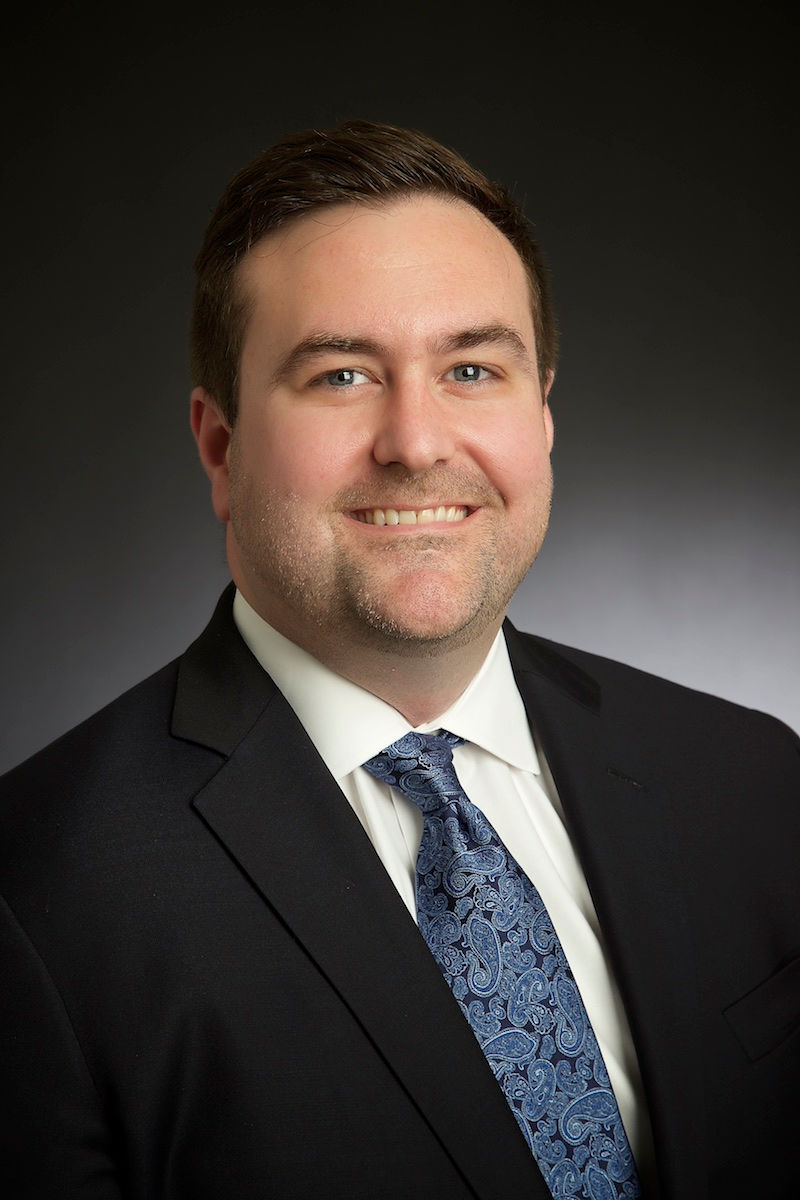Podcasts
DCG Webinars
DCG Speaking Events


Chase Ogden
Quantitative Consultant
Darling Consulting Group
As a consultant with DCG’s Quantitative Risk Analysis and Strategy team, Chase brings over a decade of programming and modeling expertise. Chase provides a unique perspective of the entire analytics lifecycle, having served in a variety of roles from model developer to senior leader of enterprise-wide, cross functional analytics implementations.
As a practitioner at large and mid-sized financial institutions, Chase has experience in a wide array of modeling approaches, applications, and techniques, including: asset-liability models, pricing and profitability, capital models, credit risk and allowance models, operational risk models, deposit studies, prepayment models, branch site analytics, associate goals and incentives, customer attrition models, householding algorithms, and next-most-likely product association.
Chase is a graduate of the University of Mississippi and holds Master’s degrees in International Commerce Policy and Applied Statistics from George Mason University and the University of Alabama, respectively. A teacher at heart, Chase frequents as an adjunct instructor of mathematics and statistics.

Mark Haberland
Managing Director
Darling Consulting Group
Mark is a Managing Director at Darling Consulting Group. In this role, Mark works directly with financial institutions to strengthen their asset liability management process. He provides support to clients in the areas of liquidity risk management, capital, ALM modeling and reporting and regulatory compliance. He is a top-rated speaker and frequent author and conducts customized workshops and educations sessions for ALCOs and boards.
Despite the widespread use of vendor solutions for estimating Current Expected Credit Losses (CECL), model methodologies are not without limitations. During periods of uncertainty, these limitations can become more pronounced, calling into question the reliability of model results at the times when trust is needed most. Is your model sensitive to economic forecasts, or is it mostly reliant on current conditions? Will your model capture turning points, or will it lag in a changing environment? Does your qualitative adjustment process fluctuate every period to address quantitative model limitations?
Join DCG Quantitative Consultant Chase Ogden and Managing Director Mark Haberland as they discuss case studies from the validation experiences of the DCG team. They will share a survey of the most common limitations and propose solutions that you can use at your institution to ensure your CECL model remains balanced and fit-for-use.

